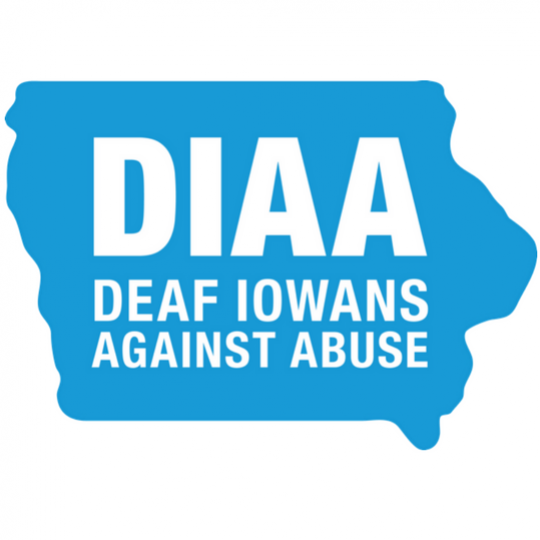Position Statement on Mental Health Interpreting Services with People who are Deaf The purpose of this position statement is to acknowledge and emphasize the importance and need for specialized sign language interpreting services in the delivery of mental health services to deaf individuals. While direct mental health services are optimal and always preferred, such services are not always available. When …
Read More0Therapy, the Deaf Way – National Campaign
May 1st marks the beginning of Mental Health Awareness Month – and the kick-off for Deaf Counseling Center’s month-long national campaign to bring attention to the mental health needs of our Deaf community. It is essential for Deaf people to have access to therapy. Join us – and you’ll have a chance to win a brand new 9.7 inch iPad …
Read More0
DCC Celebrates 17 Years of Service by Kicking Mental Health Awareness Month Campaign
Published in Gallaudet University’s Announcements Deaf Counseling Center (DCC), a counseling, life coaching and consulting practice based in Maryland, is celebrating 17 years of service to the Deaf community. DCC is the first Deaf-owned therapy business to incorporate a Deaf-centered philosophy and framework. It is also the first to offer videophone access to counseling, in addition to in-person sessions. Headed …
Read More0
National Association of the Deaf on Mental Health Services
by National Association of the Deaf Mental Health Services Obtaining mental health services is a personal and private decision. It can also be very challenging – and especially challenging for people who are deaf or hard of hearing.There are many reasons to seek mental health services. Mental health care is provided by mental health services and qualified professionals. Each professional …
Read More0
Understanding Deaf People in Counseling Contexts
Understanding Deaf People in Counseing Contexts Published Oct. 1, 2013 in Counseling Today – A pUblication of the American Counseling Association Aimee K. Whyte, Alison L. Aubrecht, Candace A. McCullough, Jeffrey W. Lewis & Danielle Thompson-Ocha We, five Deaf counselors, have come together to write this article to educate our fellow counselors about Deaf culture, the Deaf community and working …
Read More0Stress & Self-Care
Stress is a national epidemic and self-care is critical. When stress is left untreated, it can have a serious impact on the quality of life. Deaf people are even more vulnerable to stress because of the long-term impact of chronic oppression, or audism. In addition to including self-care practices such as healthy eating, sleeping and exercising, going to counseling or …
Read More0
Heels for Hope by Deaf Iowans Against Abuse
Deaf Counseling Center’s therapist, Sheli Barber of the Bay Area, California, gave the keynote speech supporting victims of sexual assault and abuse at the Heels for Hope event sponsored by Deaf Iowans Against Abuse in Iowa this past weekend. Sheli shared the alarming fact that 99% of sexual assault perpetrators walk free. She also discussed the 19th century origins of …
Read More0How to Say No to Your Children
Transcript Sharon Duchesneau: Many of us parents have experienced trying to tell our children “no”, only to be met with arguing, giving us a hard time or refusing to accept our decision. How do you teach children that “no” means “no”? Consistency is Important The most important thing is being consistent and sticking to what you said. When parents are …
Read More0Early Healthy Deaf Identity vs. Early Hearing Detection & Intervention
As the 17th Early Hearing Detection & Intervention (EHDI) annual national meeting opens in Denver, Colorado, this weekend, Deaf Counseling Center’s licensed therapist, Sheli Barber, reminds everyone attending of the importance of paying attention to the Deaf child’s healthy identity. When language and culture are made accessible to Deaf children, the years of therapy needed to unpack the trauma associated …
Read More0What is the Right Age for a Cell Phone?
Age vs. Maturity: Do you ever wonder when is the right age to give your children a cell phone? Many parents struggle with this decision. How do you decide? It is actually better not to look at age, but to look at maturity level. For example, a 14-year old might not be ready, while a 10-year old might be. Not …
Read More0Make a payment
Counseling Done Differently
To make credit card or bank transfer payments for services, login to PayPal or submit your payment here.
To donate to help Deaf people without insurance receive counseling services, login to PayPal or submit your donation here.
Contact Us
Start the conversation

